Search
Did you mean: Nergal?
Remove Ads
Advertisement
Summary 
Loading AI-generated summary based on World History Encyclopedia articles ...
Search Results

Definition
Roman Law
Roman laws covered all facets of daily life. They were concerned with crime and punishment, land and property ownership, commerce, the maritime and agricultural industries, citizenship, sexuality and prostitution, slavery and manumission...
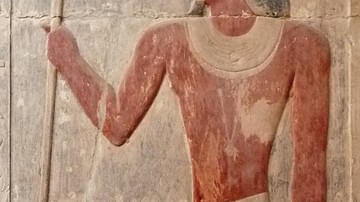
Definition
Ancient Egyptian Law
Ancient Egyptian culture flourished through adherence to tradition and their legal system followed this same paradigm. Basic laws and legal proscriptions were in place in Egypt as early as the Predynastic Period (c. 6000- c. 3150 BCE) and...
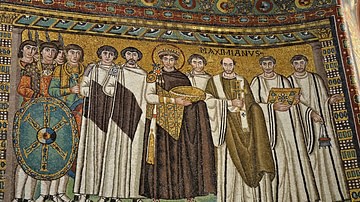
Definition
Corpus Juris Civilis
The Justinian Code or Corpus Juris Civilis (Corpus of Civil Law) was a major reform of Byzantine law created by Emperor Justinian I (r. 527-565 CE) in 528-9 CE. Aiming to clarify and update the old Roman laws, eradicate inconsistencies and...
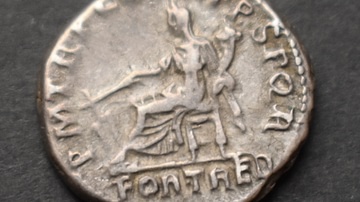
Article
Authority in Ancient Rome: Auctoritas, Potestas, Imperium, and the Paterfamilias
Authority in ancient Rome was complex, and as one can expect from Rome, full of tradition, myth, and awareness of their own storied history. Perhaps the ultimate authority was imperium, the power to command the Roman army. Potestas was legal...
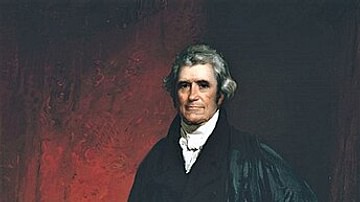
Definition
Marbury v. Madison
Marbury v. Madison (1803) was a landmark decision of the United States Supreme Court that established the principle of judicial review. In the decision, written by Chief Justice John Marshall, the court struck down a congressional statute...
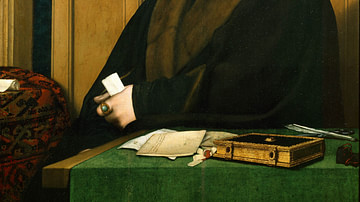
Definition
Thomas Cromwell
Thomas Cromwell (l. c. 1485-1540 CE) served as chief minister to Henry VIII of England (r. 1509-1547 CE) from 1532 to 1540 CE. With his king and the Archbishop of Canterbury Thomas Cranmer (in office 1533-55 CE), Cromwell masterminded the...
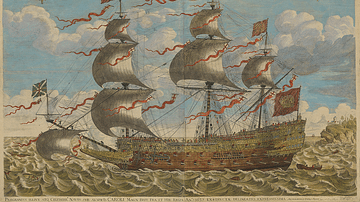
Definition
Ship Money
Ship Money was a tax applied by medieval monarchs to English coastal communities to pay for ships for the Royal Navy and so ward off pirates and enemies of the state. During the reign of Charles I of England (r. 1625-1649), the tax was used...
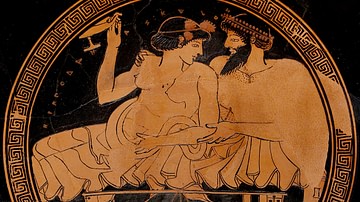
Article
Prostitution in Ancient Athens
Prostitution in ancient Athens was legal and regulated by the state. During the Greek Archaic Period (c. 800-479 BCE) brothels were instituted and taxed by the lawgiver Solon (l. c. 630 - c. 560 BCE), and this policy continued into the Classical...
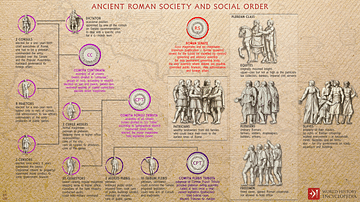
Image Gallery
Ancient Rome in 8 Infographics
The culture of ancient Rome intricately blended laws, military values, and cultural innovations to lay the groundwork for a civilization that endured for centuries. In this gallery of infographics, we examine some of the specific aspects...
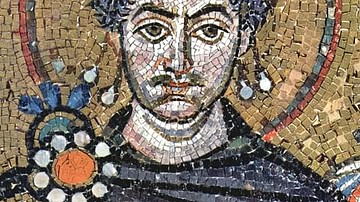
Definition
Justinian I
Justinian I reigned as emperor of the Byzantine Empire from 527 to 565 CE. Born around 482 CE in Tauresium, a village in Illyria, his uncle Emperor Justin I was an imperial bodyguard who reached the throne on the death of Anastasius in 518...